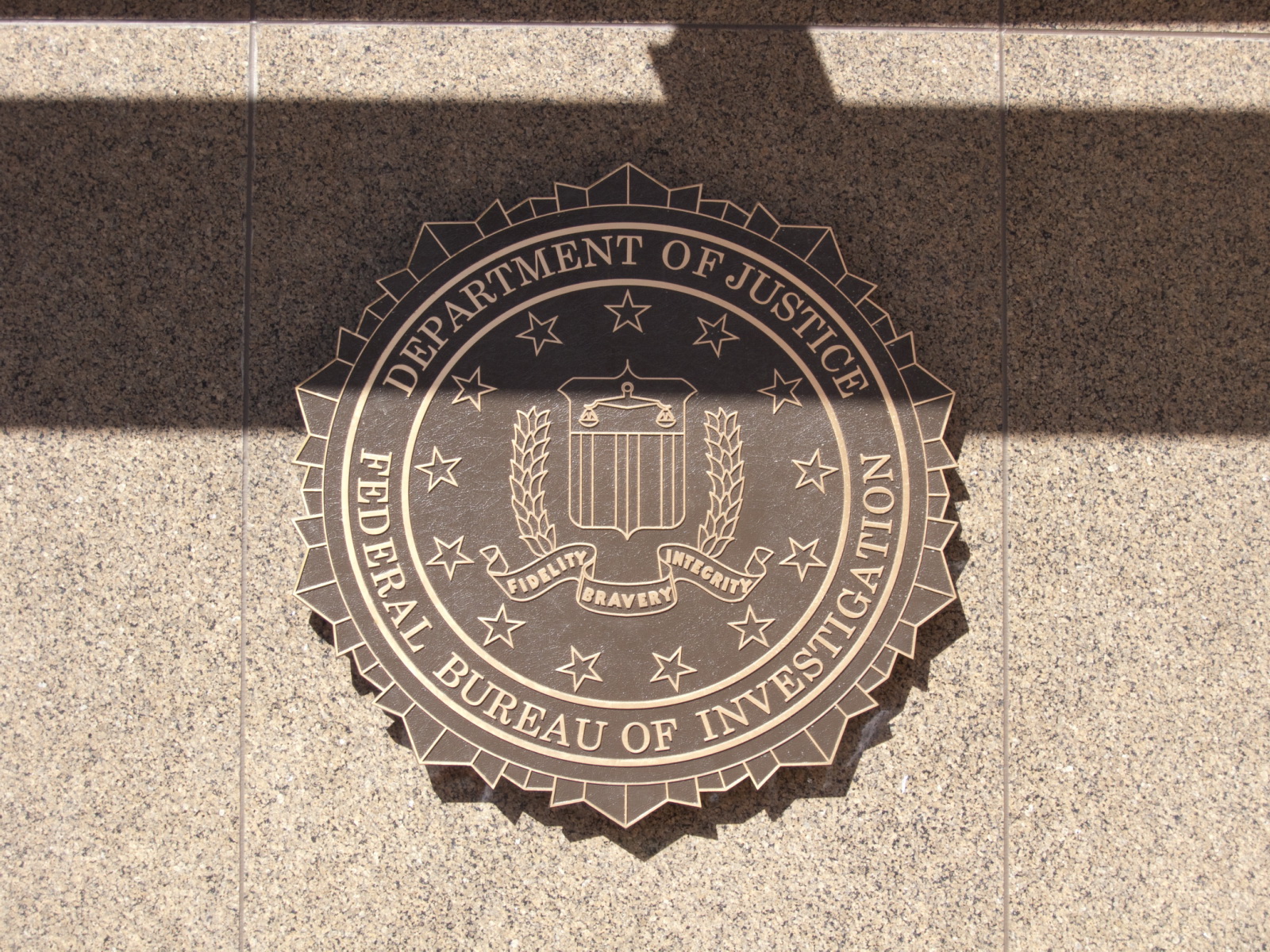According to reports, the Orlando gunman Omar Mateen had been questioned by the FBI twice – in 2013 and 2014. But yet, he wasn’t on their watch list.
Paul Miller, associate director of the Clements Center for National Security at the University of Texas at Austin, says the FBI’s internal processes are fairly opaque.
“I’m not convinced they are very consistent from case to case either,” he says. “The FBI handles a very large caseload, they go through these things all the time. They can’t afford to put everyone on the watch list.”
Miller says that the FBI wasn’t meant to function as a domestic terrorism unit. Rather, they’re a law enforcement agency, whose focus is apprehending those responsible for crimes after they have been committed. Instead, Miller says we need a separate agency devoted to internal security, like Britain’s MI5.
“If there are folks who are suspected of ties to terrorist groups, or known to have ties, then an agency of the government should keep an active surveillance on them to gain more intelligence on the network they’re tied into,” Miller says.
The watch list itself doesn’t have a whole lot of power, and is itself controversial. If the Orlando gunman had been on the watch list, he wouldn’t have been able to fly – but he would still would have been able to buy the gun he used to carry out the attack.
“I don’t know that just banning them from flying is the best way to protect our national security,” Miller says.
While Mateen claimed allegiance to ISIS, it’s not likely that he was part of a larger terror network. Instead, he was an American citizen that probably self-radicalized.
“It’s a terrifying thing to contemplate, that even our fellow citizens are capable of doing this on their own,” Miller says.
















